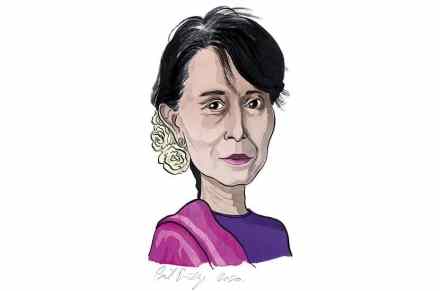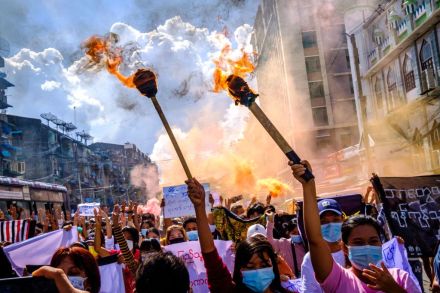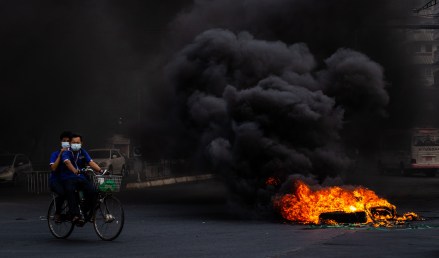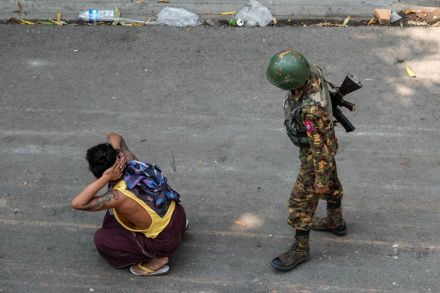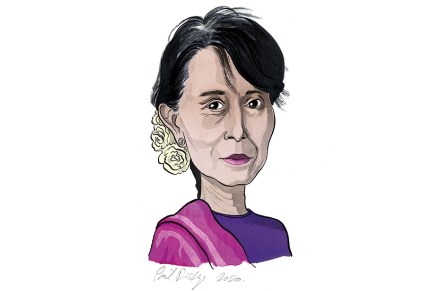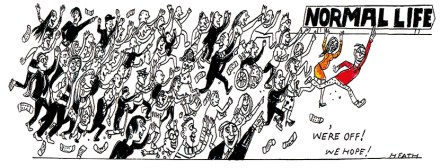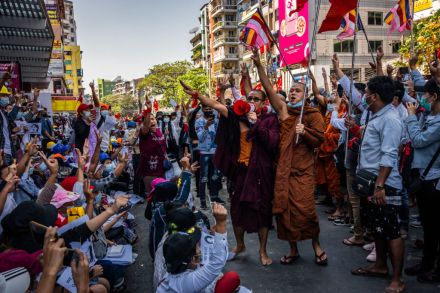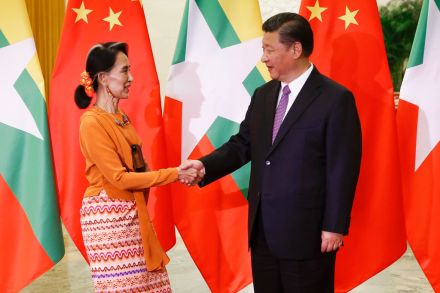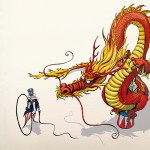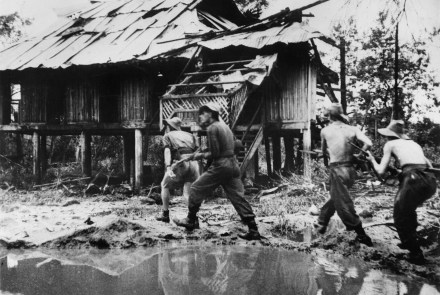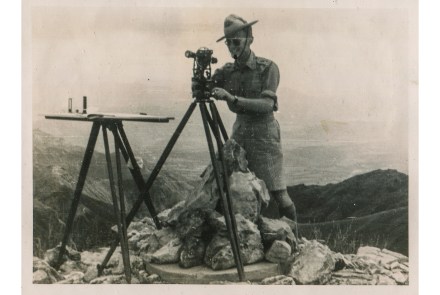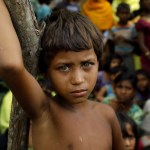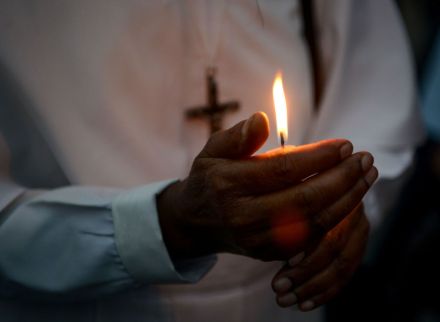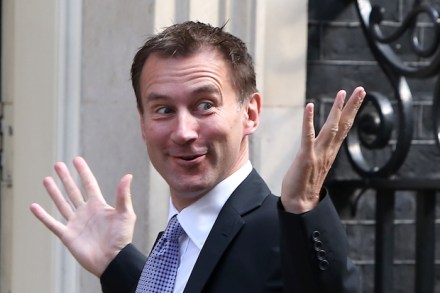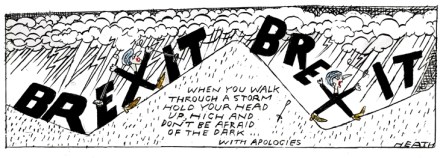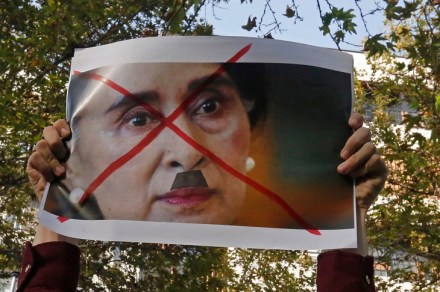The world is finally standing up for Aung San Suu Kyi
It may be an impossible task to restore Aung San Suu Kyi’s reputation, but Burma’s generals have made a sterling effort this week, after they sentenced her to at least two years in jail. This time last year Suu Kyi, a former Nobel peace prize winner, was a fallen icon. Her lack of sympathy and concern for the plight of Rohingyas in her country and, worse, her defence of the army’s brutal repression and massacres of them (she even appeared on the army’s behalf at the International Court of Justice in the Hague) had disillusioned her admirers. Many of the peace awards she received were revoked, including the European Parliament’s
